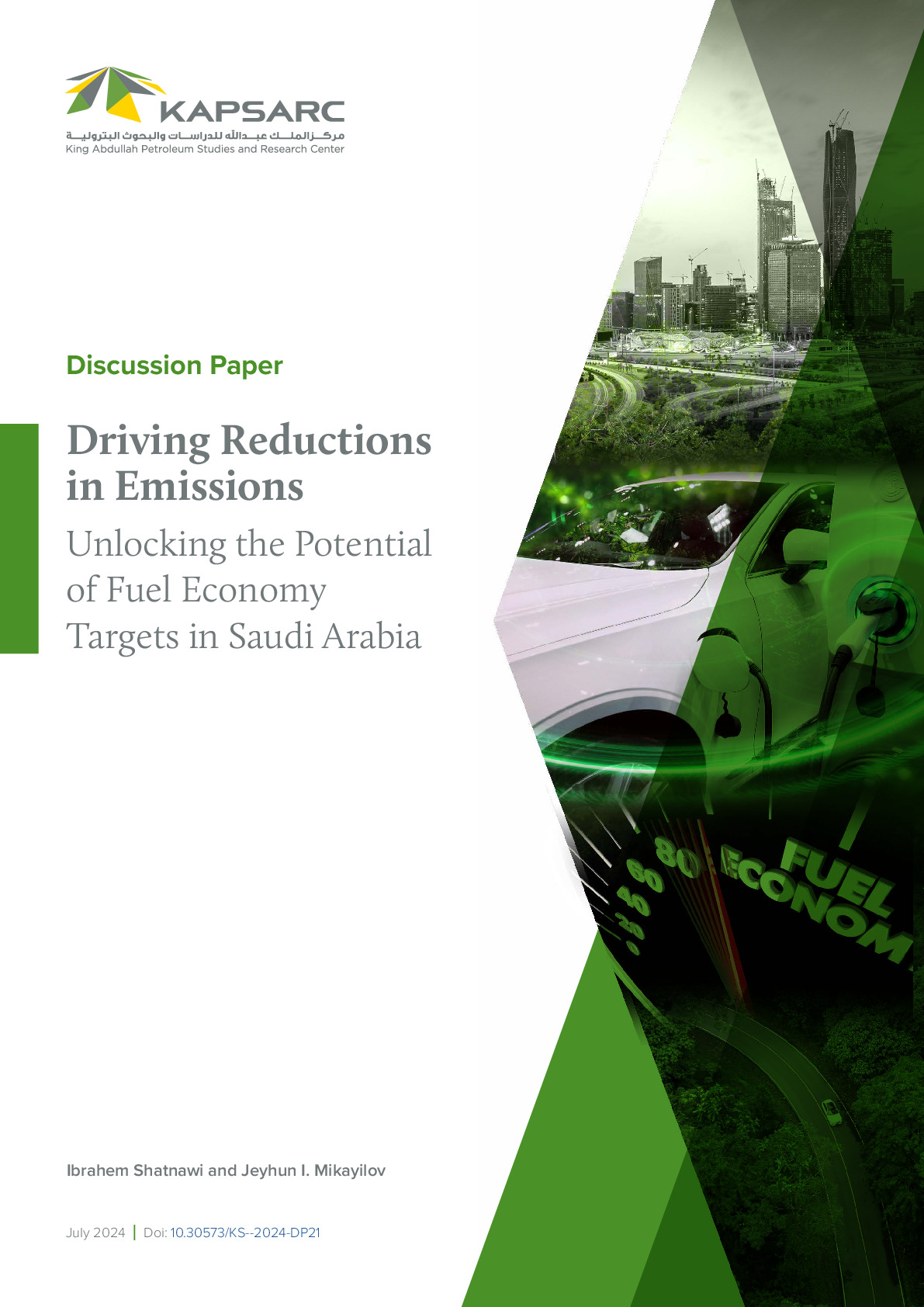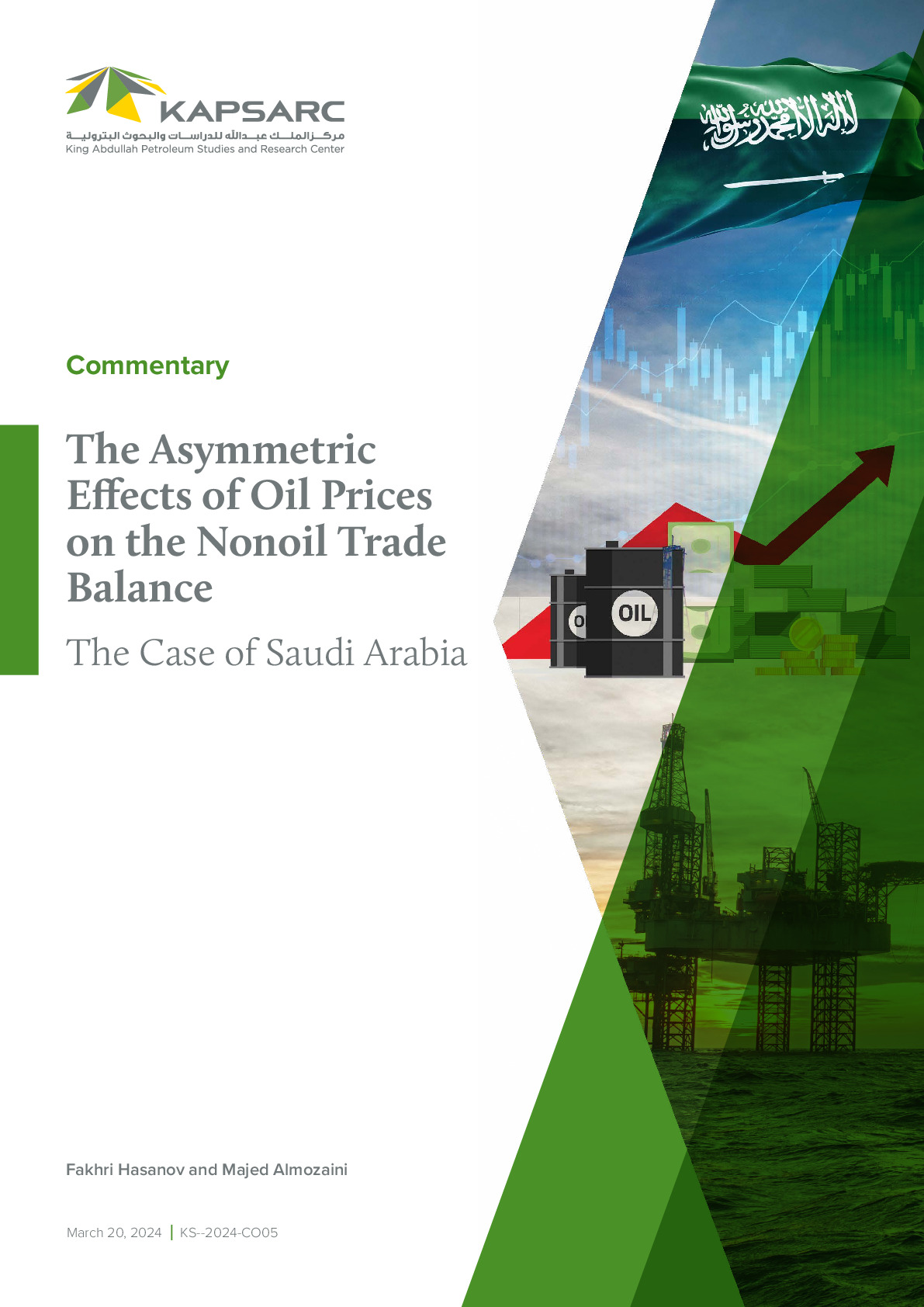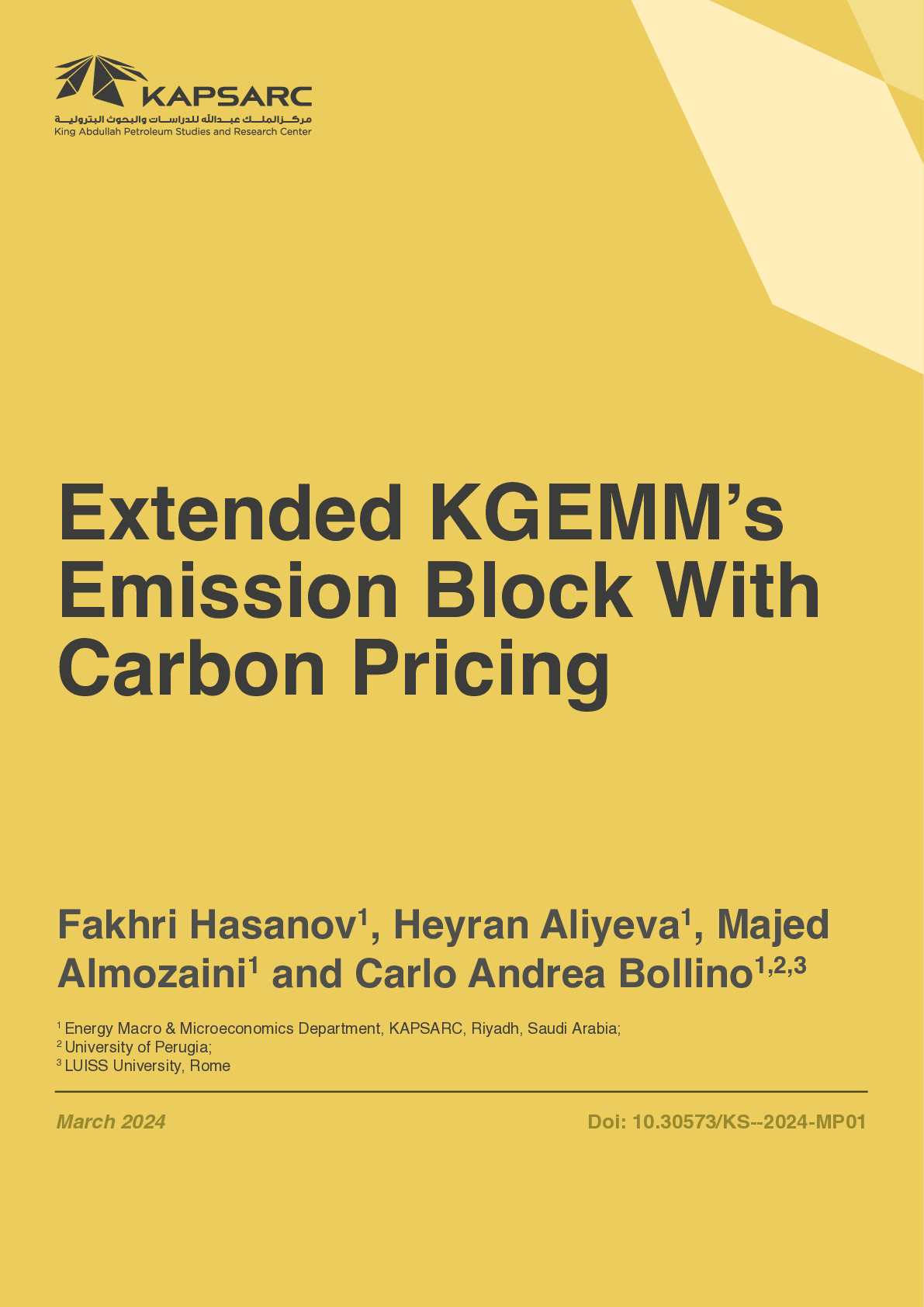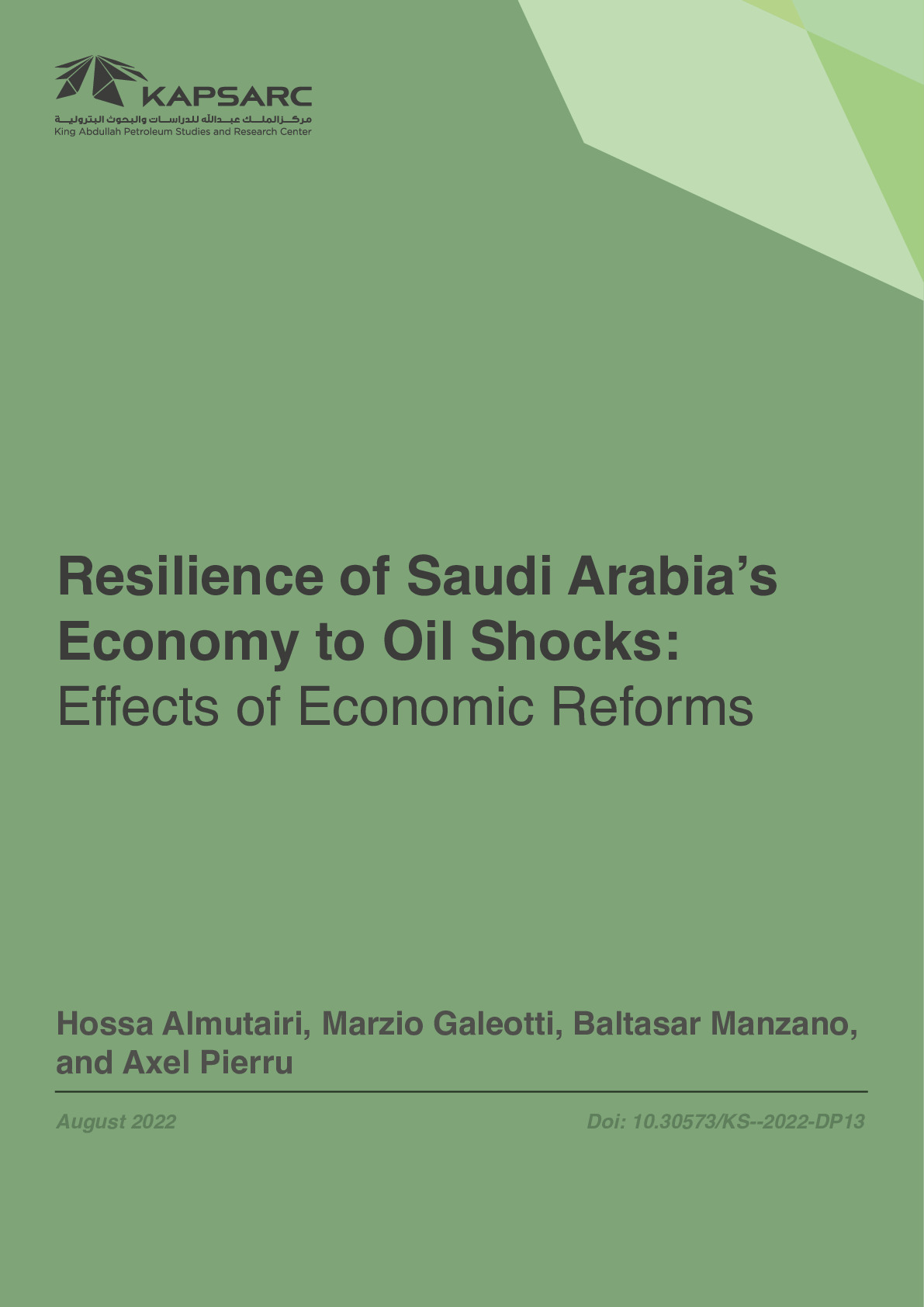The relationship between CO2 emissions, the main gas responsible for global warming, and economic growth is among the most studied themes of environmental economics. Reducing overall emissions while keeping a high pace of economic development is at the heart of the sustainable development concept. When emissions grow less rapidly than GDP environmental economists speak of relative decoupling; if emissions even decrease relative to the pace of economic growth, then decoupling is absolute. Assessing these options requires an empirical analysis of the emissions-GDP relationship. The study of this nexus has special importance for developed countries, given their historical responsibility towards global warming. At the same time, in the last decades, the same countries have been at the forefront of the fight against climate change in terms of emissions-reduction efforts. By applying cutting-edge econometric techniques, this paper aims to investigate the decoupling options, if any, for a group of European economies which can be considered as pioneers in pursuing the sustainable development goals. This question gains further importance considering that some recent studies have found positive GDP elasticities of emissions for certain developed countries, which may be seen as a cause of concern for the sustainable development path of such countries. Unlike the bulk of the literature, in this paper, we allow the income elasticity of emissions – a critical indicator for the study of decoupling – to vary over time. The reason is that the elasticity might change through the time due to the factors affecting the main drivers of the CO2 emissions. We use a time-varying coefficients cointegration approach to investigate the CO2 emissions-GDP relationship for 12 Western European countries over a long time period ranging from 1861 to 2015. Our main finding is that the income elasticity of CO2 emissions is positive in all investigated countries. In addition, we find evidence in favor of relative decoupling in 8 out of the 12 European countries. This is in line with the fact that the selected European countries have shown more determination in adopting carbon reduction policies before and after the Kyoto protocol period and toward the Paris agreement compared to other leading economies such as China, United States, and Russia. For the remaining 4 cases, the income elasticity of CO2 emissions is in excess of unity. This can be considered as a call for policymakers to take quick and relevant measures to mitigate emissions level without harming the economic development. © 2018 Elsevier Ltd

Research Fellow
Jeyhun is a research fellow at KAPSARC. He received his B.A. and M.S. from Azerbaijan State University (now Baku State…
Jeyhun is a research fellow at KAPSARC. He received his B.A. and M.S. from Azerbaijan State University (now Baku State University) in mathematics. Jeyhun holds a Ph.D. in applied mathematics and a D.S. in econometrics. Before joining KAPSARC in September 2017, Jeyhun was an associate professor at the Department of Statistics and Econometrics at Azerbaijan State University, and the Department of Economics at Qafqaz University, where he taught econometrics, statistics, and mathematical economics. His other roles have included director of the Research Institute for Social Sciences and Humanities, and head of the Center for Socio-Economic Research. Jeyhun was a postdoctoral researcher at Indiana University Bloomington, United States (U.S.). He has also been a visiting researcher at several institutions, including the Center for Econometric Research, Sungyunkwan University in Seoul, South Korea; Vistula University, Warsaw, Poland; the University of North Texas, and the University of South Texas, both in the U.S. Jeyhun’s research is focused on applied time series econometrics, the economics of energy, the environment and sustainable development. He has authored over 40 scientific articles published in peer-reviewed journals and is an editorial board member of the International Journal of Advanced Multidisciplinary Research and Review, the Journal of Management, Economics and Industrial Organization, and the Journal of Socio-Economic Studies, and a member of the International Association for Energy Economics.
Expertise
- Applied Time Series Econometrics
- The Economics of Energy and Environment
- Sustainable Development
Publications See all Jeyhun Mikayilov’s publications
Modelling and Projecting Regional Electricity Demand for Saudi Arabia
The relationship between CO2 emissions, the main gas responsible for global warming, and economic growth…
21st July 2024
Driving Reductions in Emissions: Unlocking the Potential of Fuel Economy Targets in Saudi Arabia
The relationship between CO2 emissions, the main gas responsible for global warming, and economic growth…
1st July 2024





